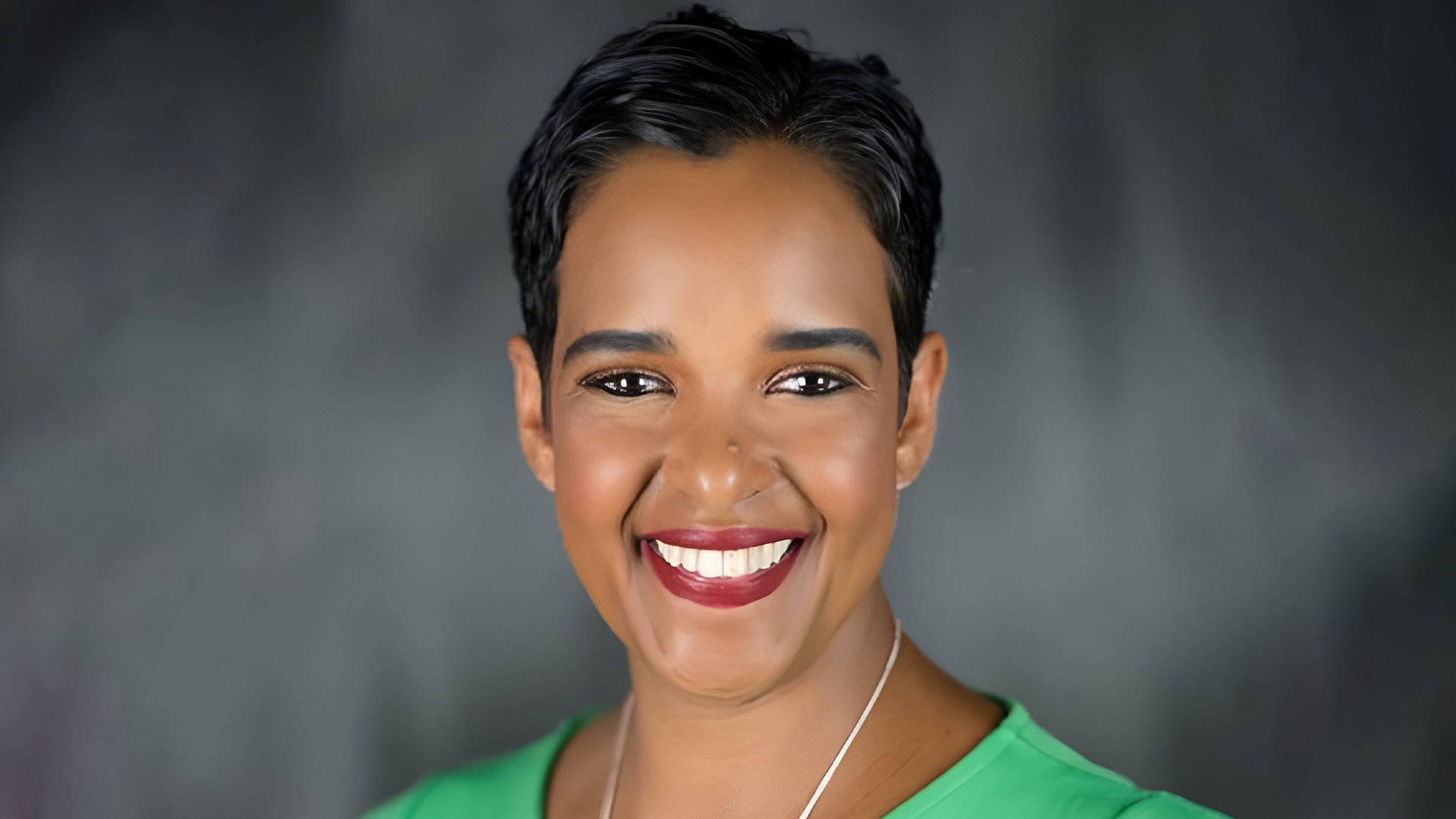As a Black woman tech executive at Amazon, Mamar Gelaye is on a mission to diversify the industry.
Gelaye, an Ethiopia native, has a decades-long career spanning more than 20 years that dates back to her time as a management consultant at Accenture. Her interest in technology was evident while attending the University of Tennessee, where she graduated with a bachelor’s degree in mechanical engineering. She even worked on a hybrid electric vehicle project during this time.
Belief In Technology
Her faith in the advancements of technology remained strong, and following her time at Accenture, she pursued roles that reflected this.
“I just really understood that technology was going to transform a great deal. I just understood that software was gonna control the machine,” she explained. “So when I left management consulting, I went into large industrial companies that were kind of big manufacturing, but manufacturing through automation, through kind of transformational engineering.”
In her pivot, Gelaye spent 18 years working with General Electric (GE), where she was promoted to several roles across energy, healthcare, and later, digital health.
During a chat with AFROTECH™, she revealed one of her biggest takeaways within her role that has remained with her today.
“I had a series of techie roles throughout my time at GE, including working abroad,” she said during Amazon’s Delivering the Future event held in Nashville, TN, Oct. 8-9. “What I realized is that a lot of the foundational experience that I had came from undergrad and came from just like these novel experiences… So one of the things I wanted to do was to make those novel experiences more generalizable so that more people with diverse backgrounds, women, minorities, would be attracted to tech.”
Leading At Amazon
Following brief posts at Raytheon Technologies — serving as vice president and chief information officer — and at United Technologies in the aerospace and defense industries, Gelaye is now carrying her philosophy to Amazon as VP of Operations Technology Solutions.
She is currently leading Amazon’s fulfillment technology and robotics organization, which is responsible for designing and implementing the technology infrastructure and devices that power Amazon’s global supply chain operations, Diversity Woman Media mentions.
Among the division’s innovations is Proteus, Amazon’s first fully autonomous mobile robot, first displayed in Nashville. It is tasked with moving wheeled carts carrying packages around its fulfillment centers, with loads weighing potentially up to 800 pounds.
“Here at Amazon, we are a tech first company. The backbone of Amazon is technology. We’ve been doing technology since our inception,” Gelaye explained. “Our organization is essentially, we like to think of ourselves as a quiet scaffolding for Amazon because all of the compute, all of the device technologies. All of the capabilities that we use for fulfillment require automation and require compute.”
HBCUs Partnerships
In the midst of ongoing innovation, Amazon is working to ensure diversity is not an afterthought. It has cemented several partnerships with Historically Black Colleges and Universities (HBCUs) with the goal of helping their undergraduate students onboard into Amazon development environments to establish foundational skills, Gelaye says. The company has worked alongside Howard University and Hampton University, and it has established a mechatronics and robotics lab at Tuskegee University.
“So at Tuskegee, which I’m personally working on, we built a mechatronics and robotics lab,” she explained. “Now students that are in computer science, mechanical engineering, electrical engineering, they can work alongside Amazon and have these incredible experiences of being Amazonians while they’re on campus. That lowers the hurdle for when they graduate going into industry and having not only skills at parity, but beyond par with the industry.”

















